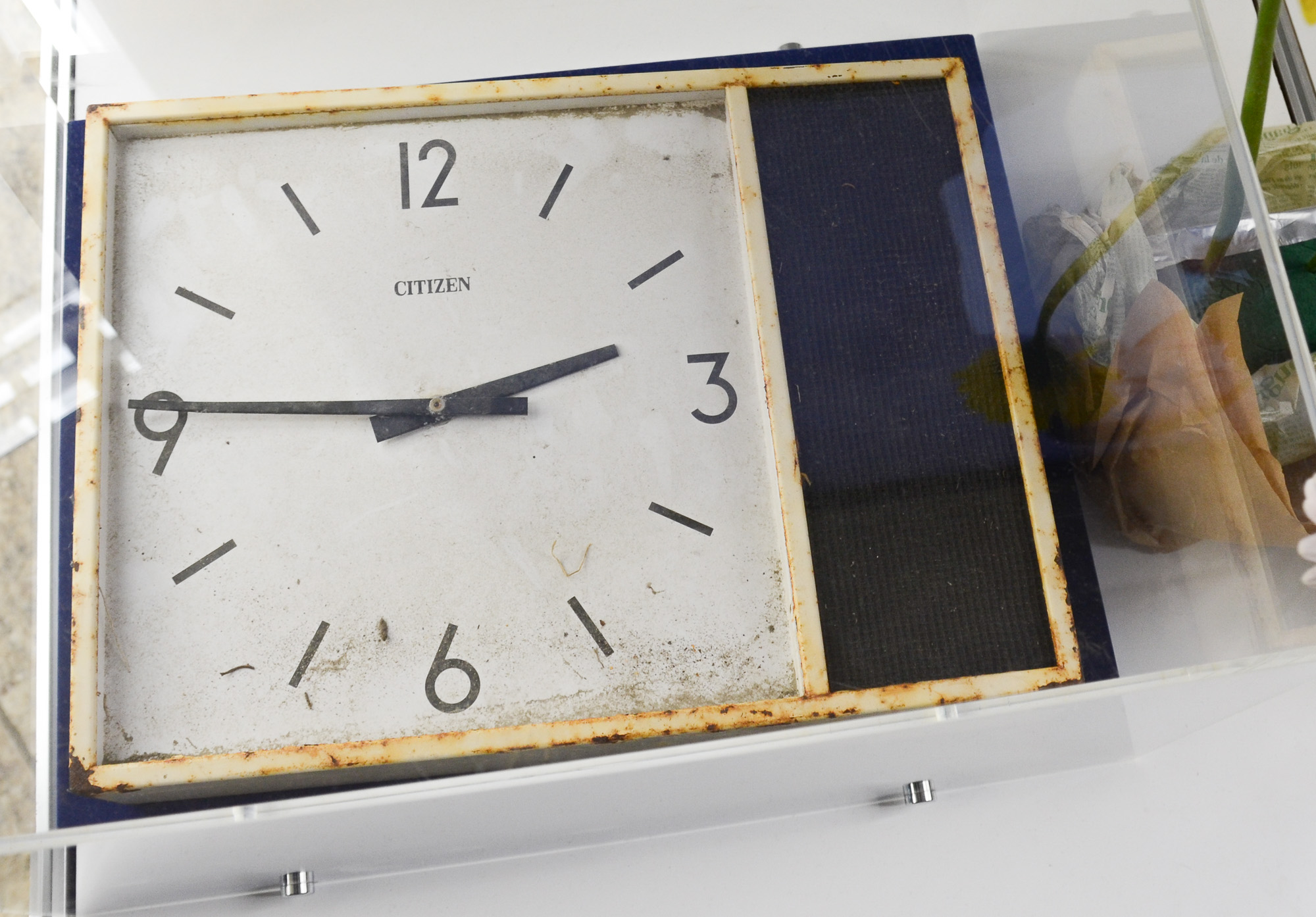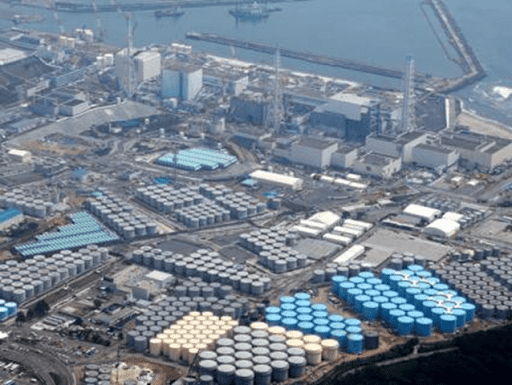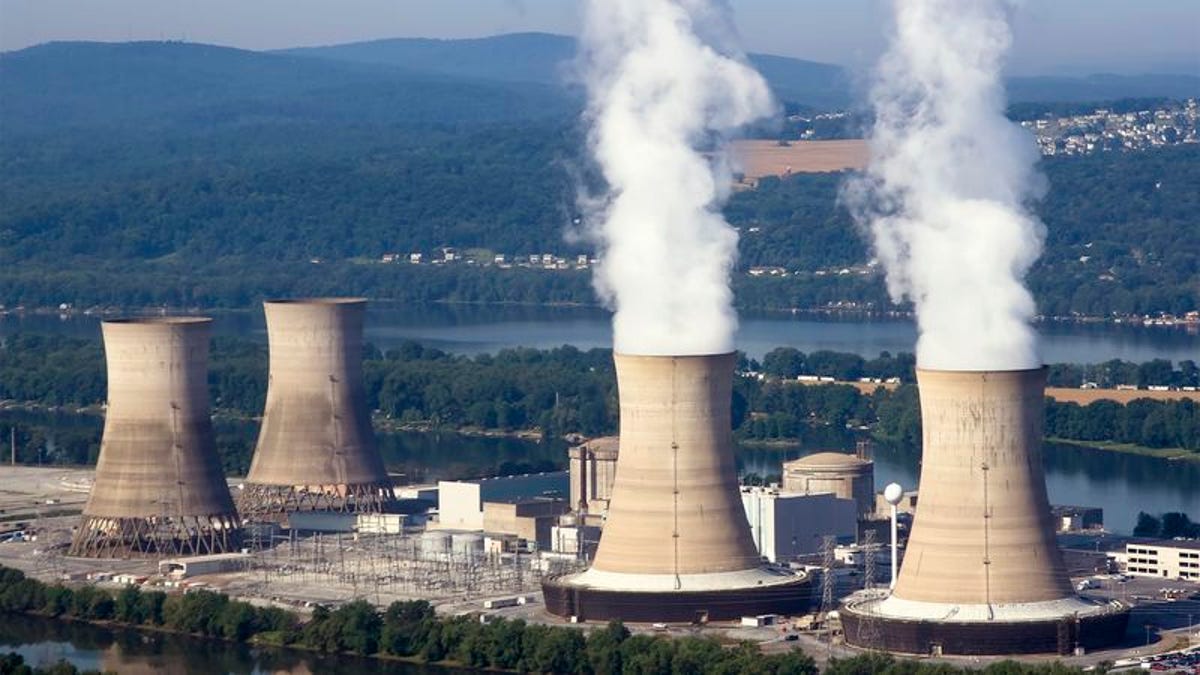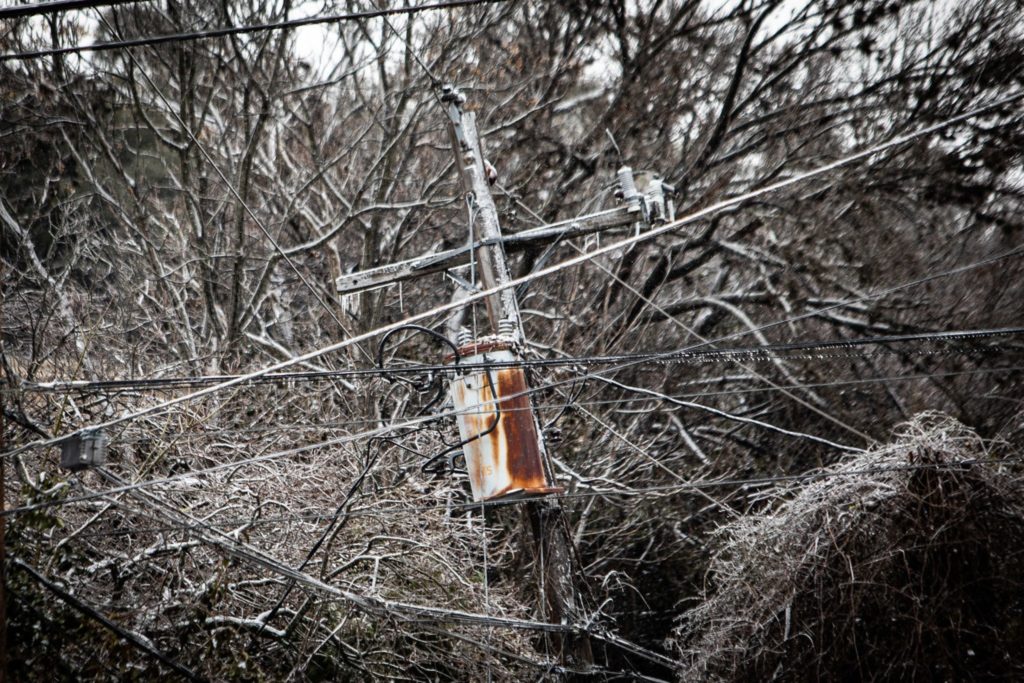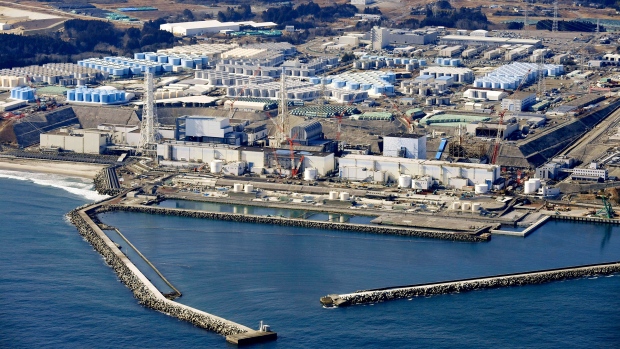
Japan announces it will release radioactive water from nuclear plant in 2 years
Japan's government announced Tuesday it would start releasing treated radioactive water from the wrecked Fukushima nuclear plant into the Pacific Ocean in two years. It's a move that's fiercely opposed by fishermen, residents and Japan's neighbours.

